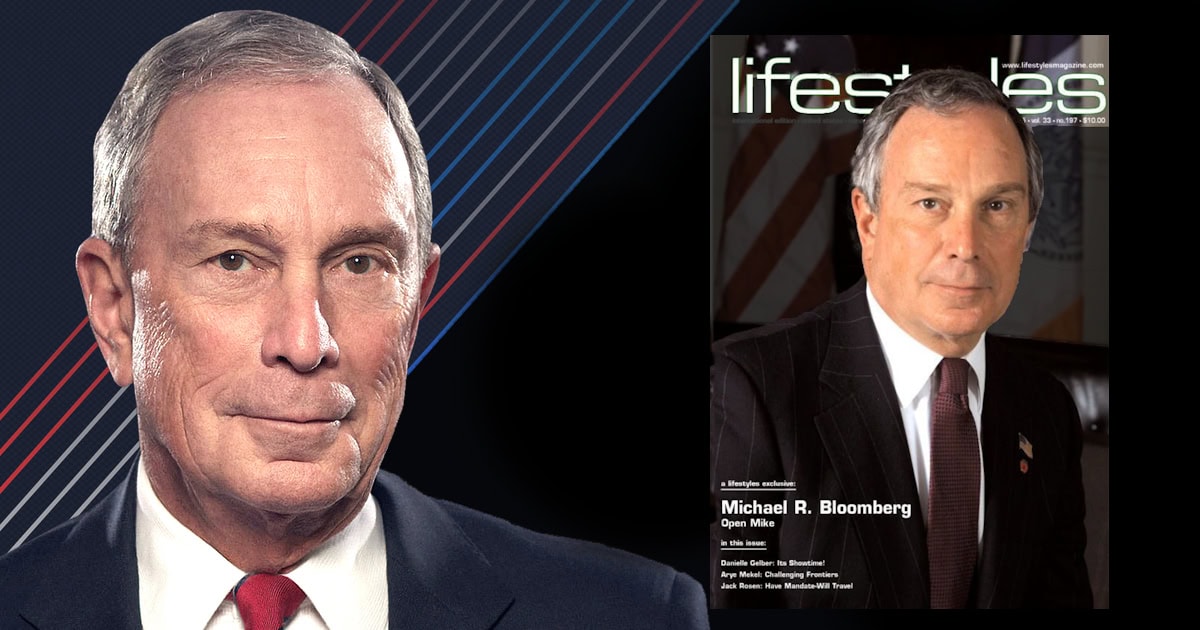$22 million latest gift from Mike Bloomberg for UN Climate Plan to address environmental issues- raises his philanthropy to date to over $23 billion

The United Nations Climate Plan, long regarded as the backbone of global climate action, has taken center stage once again as the world grapples with intensifying environmental crises. Anchored by the 2015 Paris Agreement, the plan calls for decisive global cooperation to limit the rise in global temperatures to “well below 2 degrees Celsius,” with a more ambitious goal of 1.5 degrees. Scientists warn that surpassing these thresholds would unleash catastrophic and irreversible climate impacts.
From phasing out fossil fuels to scaling up renewable energy, improving climate resilience in vulnerable communities, and mobilizing billions in climate finance, the UN plan outlines a sweeping and interconnected roadmap for mitigation and adaptation. At the recent Climate Ambition Summit, UN Secretary-General António Guterres issued a stark warning: “We are on a fast track to climate disaster,” pointing to rising emissions, record-breaking heat, and stalled political momentum.
In a significant show of support, philanthropist and former New York City Mayor Michael Bloomberg announced a major financial commitment to help close the implementation gap. His donation—channeled through UN Climate Change initiatives—will prioritize support for developing nations, many of which lack the resources to enact even their most basic climate strategies.
“This is not just about funding,” said Selwin Hart, the UN’s Special Adviser on Climate Action. “It’s about empowering communities with clean energy, resilient infrastructure, and the tools they need to survive the coming decades.”
The funds will help accelerate green infrastructure projects, including solar microgrids, coastal defense systems, and early-warning technologies for extreme weather events. Bloomberg’s gift also underscores the growing role of private and philanthropic capital in advancing climate goals traditionally driven by national governments.
UN officials stress that transparency and urgency are key. All funds will be subject to a rigorous deployment strategy, with real-time reporting and an emphasis on measurable impact. The UN is also calling on other global leaders and financial institutions to follow suit, warning that without a dramatic increase in ambition and cooperation, the world could face dire consequences.
As the clock ticks and climate tipping points loom closer, the UN Climate Plan represents not only a strategy—but a lifeline.
Mega-philanthropist Michael Bloomberg, whose extraordinary philanthropic giving has surpassed $23 billion to date, with Lifestyles Magazine/Meaningful Influence founder Gabriel Erem.

